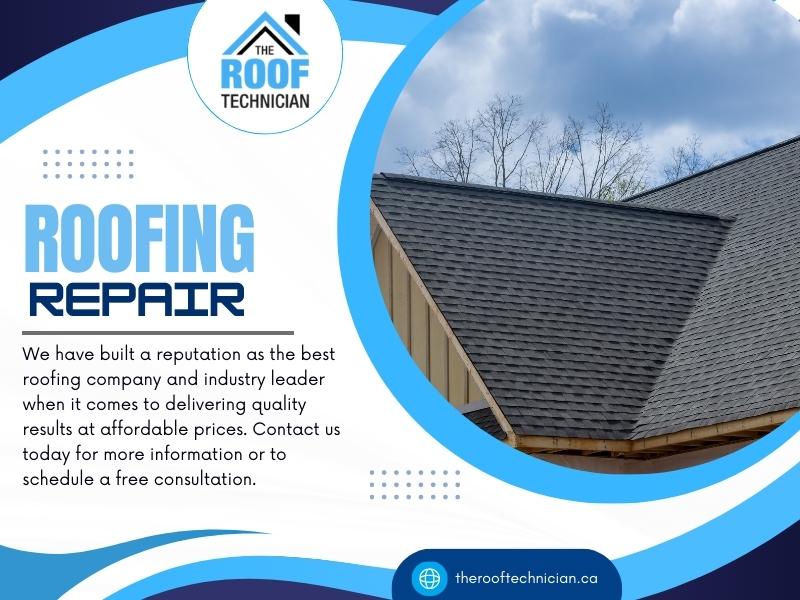|
Roofing Repair | |||||||
|
Roofing Repair Costs Explained: What Every Homeowner Should KnowBeing aware of the expenses related to roofing repairs allows homeowners to make educated choices and avoid unforeseen surprises. Roof repairs are essential for maintaining the integrity of your home, but many factors influence how much you might end up paying. In this blog, we'll explore the key elements affecting roofing repair costs and offer tips for managing expenses. Type and Extent of DamageThe nature and extent of the damage are the most significant factors affecting repair costs. Minor repairs, such as fixing a few damaged shingles or sealing small leaks, are typically more affordable. However, if the damage is more extensive—such as structural damage to the roof deck, significant leaks, or rotting wood—the repair process will be more complex and, therefore, more expensive. It's essential to address roofing issues as soon as you notice them, as delaying repairs can lead to larger, costlier problems later on. A small leak today can become significant water damage tomorrow, increasing repair costs. Roofing MaterialsThe type of roofing material used in your home significantly influences repair costs. Different materials have varying costs and lifespans; some are more expensive to repair than others. For example:
Always consult a roofing professional familiar with your roof type to ensure you get the best repair options and an accurate material estimate. Roof Pitch and AccessibilityThe pitch (or slope) of your roof and its easy access can also impact repair costs. Steep roofs or those that are difficult to access may require additional safety measures, scaffolding, or specialized equipment, which can drive up labor costs. However, flat roof tend to be easier and cheaper to repair, though they may have unique challenges, such as drainage issues. Labor and TimeLabor costs vary based on your location and the intricacy of the repair. Roofers typically charge based on the time required to complete the job. Minor repairs might take a few hours, while more significant damage could require several work days. Additionally, some roofing companies may charge a premium for emergency repairs or work that needs to be completed quickly. Getting multiple quotes from local contractors is essential to ensure you're getting a fair price and the right expertise for the job. Additional Costs to ConsiderBeyond the direct cost of materials and labor, other factors can affect the overall price of roofing repairs. For example:
ConclusionRoof repair costs depend on various factors, including the type of damage, roofing materials, roof pitch, labor, and any additional fees. Understanding these can help you budget effectively and avoid unexpected expenses. Always prioritize regular roof maintenance and address any issues promptly to minimize long-term repair costs. When in doubt, consult a professional roofer at The Roof Technician to get an accurate assessment of your repair needs and a precise estimate. So don't wait –Click this Skylight Repair and start browsing today! | ||||||
|
 |
